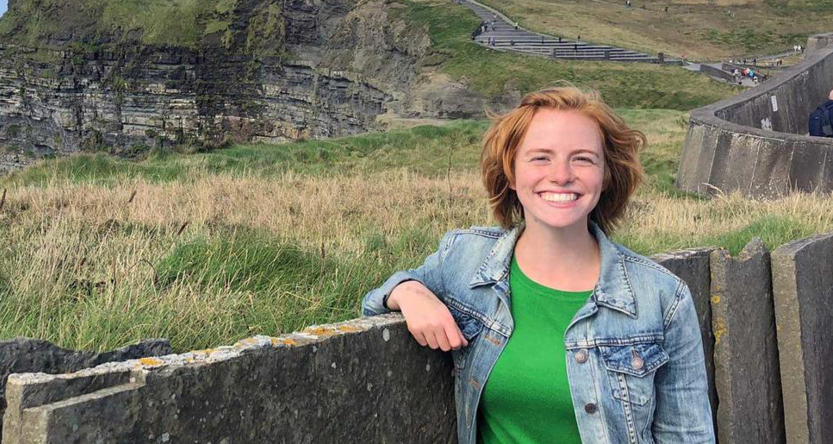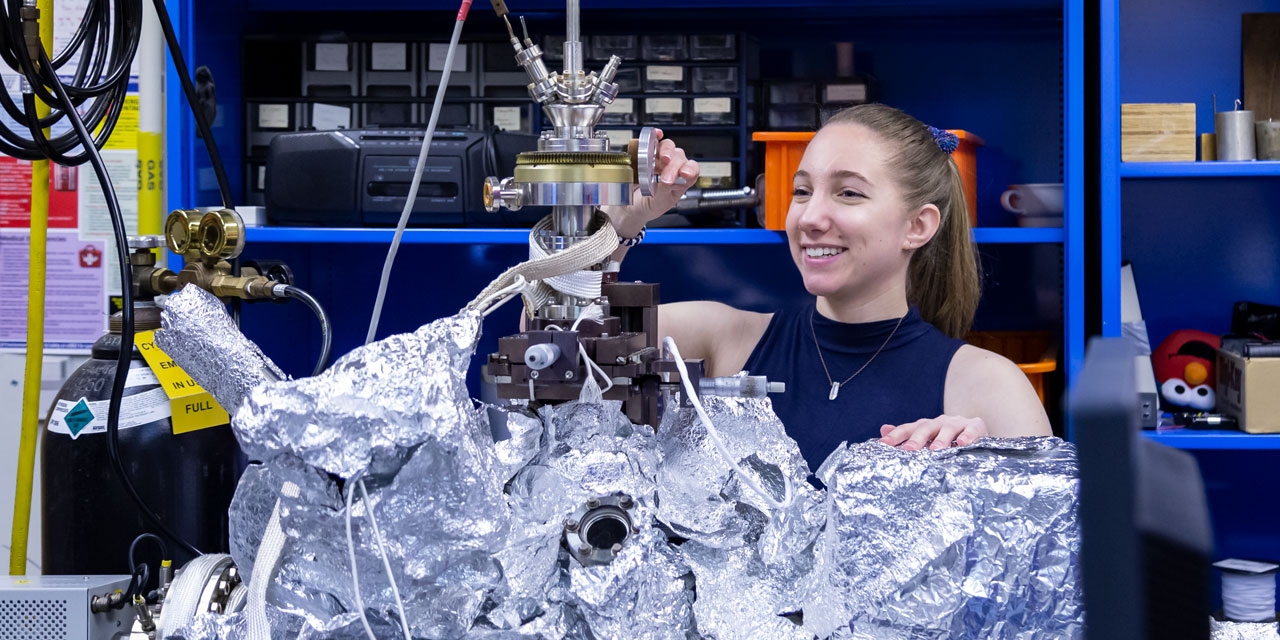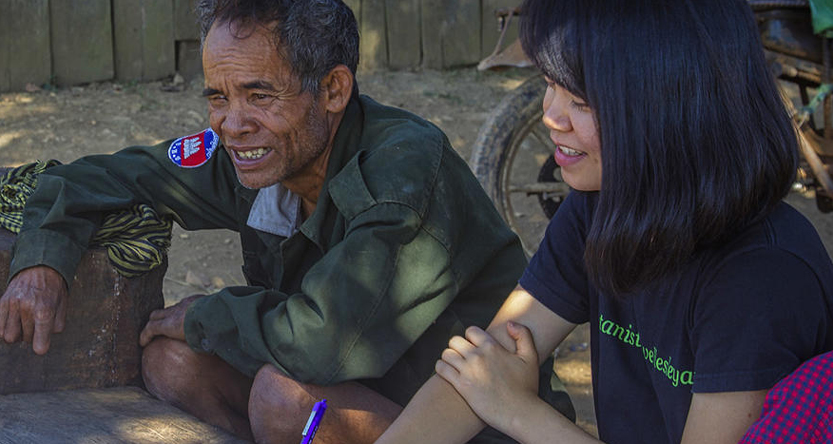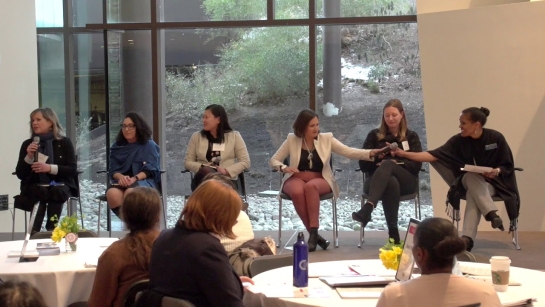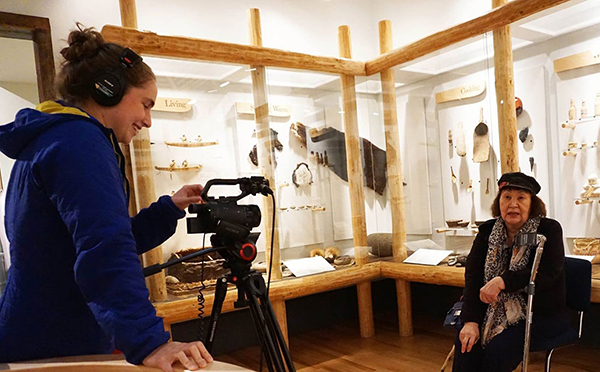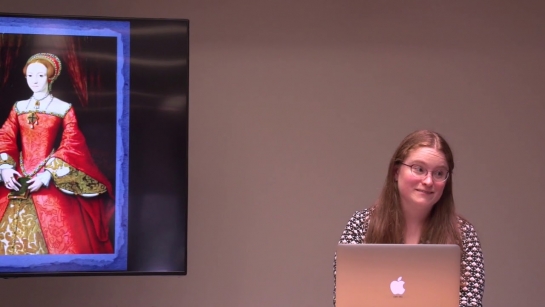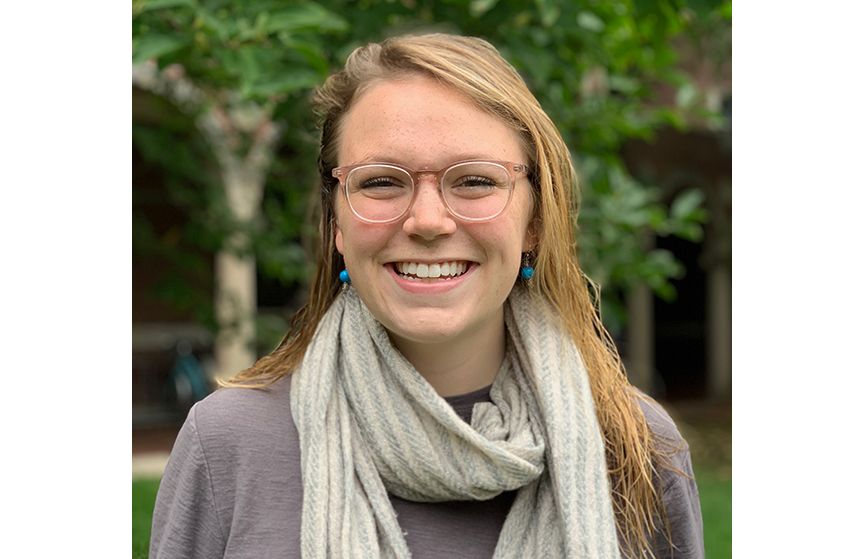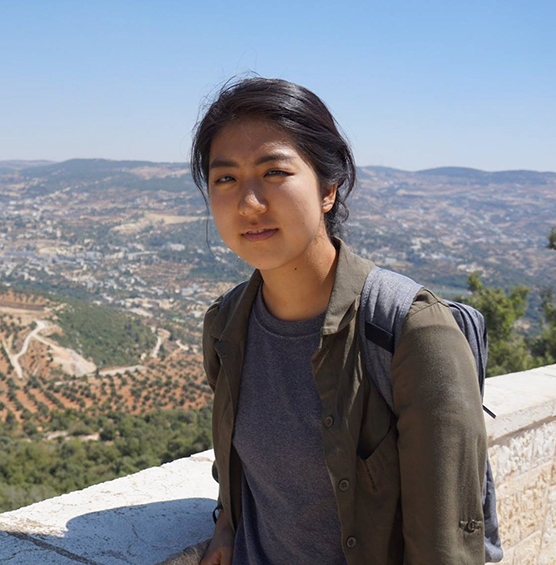“I want to make ethics accessible to people. Whatever form it takes, I want to bring ethical inquiry into the everyday, and the Watson will ground me in that work.”
“Crafting a proposal is a very introspective process. I was challenged to understand my motivations and interest in death and dying, then explain how those have informed my life’s course. From this, I gained a deeper sense of myself, academically and personally, which was rewarding in and of itself.”
“Thanks to Career Education’s generous summer internship grant, I have been able to observe and learn about the difficulties and satisfaction of managing a theatre that focuses on marginalized identities.”
“I previously had dreams to be an author, but found myself called by the combination of logic, mystery, and truth in science.”
“By living in vegan communities and exploring their foodscapes, I hope to understand the lived experiences of being vegan across cultures and find ways to adapt veganism to various cultural contexts and customs.”
“I grew up listening to public radio and I’ve always enjoyed stories, so I’m looking forward to learning about how storytelling and journalism function in a different continent.”
Computer Science and Technology

If you are interested in using your technical knowledge, creativity, problem-solving, and critical thinking skills in your career of choice, exploring opportunities in technology, and software engineering-related industries and sectors may be of interest to you. These industry areas are growing and innovating rapidly – opportunities that are unheard of today may be top options in a few years. Broadly speaking, employment in computer and information technology occupations is projected to grow 15 percent from 2021 to 2031.
Computer science at Wellesley encompasses the broad application and theory of ideas relating to hardware and software. As an outcome, those studying computer science should leave with a broad understanding of how computing and technology applications work so that they can build computer applications of the future. Since technology is present in any and all industries and disciplines, the application of technical knowledge can be found in numerous career opportunities.
A Brief Introduction to Fellowships and Scholarships

Fellowships and scholarships offer funding to support a range of purposeful activities, including undergraduate research, language study/other study abroad, self-designed projects, teaching and service, graduate or professional study, or even internships and professional placements. They can open doors for you to things you might not be able to pursue otherwise.
There are opportunities for students and graduates of every nationality and at every stage of their careers. What might be the right fit for you?
“I’m excited to see how my beliefs will change, and how my project will evolve when my presumptions are questioned.”
“Being offered the Watson Fellowship is similar to someone tapping you on the shoulder, looking you straight in the eyes, and saying, ‘You've shown me a small glimpse of that which you love, and while I’m not here to answer the questions you have, I can give you the time and space to chase them until next year’s horizon.’”
Performing Arts
Like most art disciplines, careers in theatre span widely from performance and creative roles to technical positions to administrative functions and even educational and therapeutic professions.
Museums and Galleries
Museums are educational organizations that collect, preserve, and present important artifacts and/or works of art for the public to view and study. Museums may be organized by their collections (art, history, natural history) or by their intended audiences (children's museums). Possible occupational titles include: museum director, curator, collections manager, archivist, museum technician, conservator, researcher, exhibit designer, educator, editor, photographer, and librarian.
Fine Art
Practicing artists support themselves by teaching, selling artwork, being awarded grants and commissions, and a wide variety of other related (and non-related) professional endeavors. Growing and maintaining an active studio practice requires both training and resources— in the form of materials, equipment, space, and exhibition or performance opportunities. Many artists refine their work and begin to connect with the world of galleries, grants, and exhibitions in a graduate program (usually an MFA program). However, this is not the only path to a career as an artist.
Fashion and Lifestyle
Fashion is a fast-paced and exciting industry for those who love clothes, designs, and trends. This international industry includes careers ranging from modeling to fabric/clothing design, from marketing to retail, from business to manufacturing, from buying to merchandising. Possible occupational titles include: fashion designer, model, photographer, fashion editor, fashion writer, fashion stylist, fashion buyer, retail merchandisers.
Design and Illustration
Design and illustration careers begin with a portfolio of client-based or self-inspired work that displays your talent, style, and creative thinking. While there are full-time positions in the field of design, there are fewer full-time opportunities for illustrators. For this reason, many illustrators work as designers and illustration is a part of their job.
Arts Administration
A career in arts administration combines interest in the arts with business expertise and fundraising skills. Arts administrators work for symphony orchestras, art galleries, museums, ballet companies, musical groups, theatres and other organizations.
Technology Internships for First Years and Sophomores

While it is true that many internship opportunities are geared towards students in their junior year, an increasing number of companies are creating first-year and/or sophomore-focused internship programs. Please note that this is certainly not an exhaustive list, and there are a number of additional companies that may not have first-year/sophomore specific programs, but that are first-year/sophomore-friendly.
Arts Education
As a field, art education spans traditional K-12 art classrooms to university/college teaching and even to more community-oriented spaces, like museums, arts centers, and educational non-profits. This field even crosses over into healthcare in the form of vocational rehabilitation and art therapy programs.



